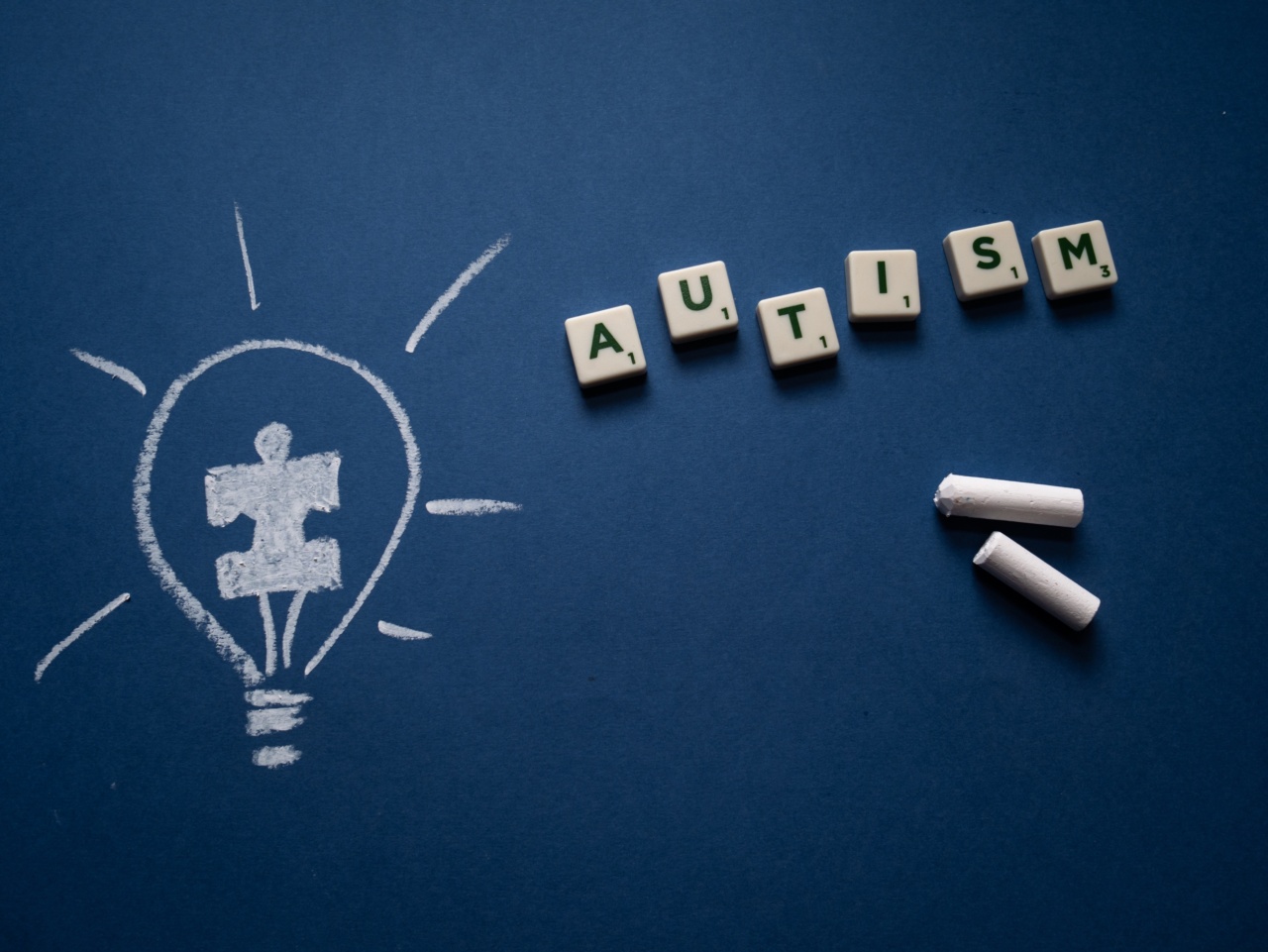Autism Spectrum Disorder (ASD) is a complex developmental disorder that typically appears during childhood and affects communication, social interaction, and behavior.
ASD is a spectrum disorder, meaning it affects individuals differently and to varying degrees. Some may have mild symptoms while others may have severe symptoms that impact their daily life.
What are the Signs of Autism Spectrum Disorder?
There are several early signs of Autism Spectrum Disorder. One of the earliest signs is a lack of or delay in language development.
Children with ASD may not start speaking at the usual age, and they may have difficulty with communication even after they begin speaking.
Another common sign of ASD is a lack of social interaction. Children with ASD may seem disinterested in other people and might not respond to social cues such as facial expressions and gestures.
They may also have difficulty making friends and may avoid eye contact.
Repetitive behavior is another sign of ASD. Children with ASD may have a difficult time adapting to change and may engage in repetitive behaviors such as hand-flapping or spinning objects. They may also become fixated on certain objects or interests.
Why is Early Detection Important?
Early detection of ASD is crucial because it can lead to earlier intervention and better outcomes.
When ASD is identified early, children can begin receiving therapy and other treatments that are designed to help them develop the skills they need to communicate and interact with others.
Without early intervention, children with ASD may struggle to develop these skills, which can impact their ability to form relationships and succeed in school and other areas of life.
How is Autism Spectrum Disorder Diagnosed?
There is no medical test to diagnose ASD. Instead, doctors look for signs and symptoms of the disorder. Typically, doctors will use a combination of behavioral assessments, developmental screenings, and medical evaluations to diagnose ASD.
Parents may be asked to fill out questionnaires about their child’s behavior and development. The child may also undergo a developmental screening to assess their communication, social, and behavioral skills.
Finally, the doctor will conduct a medical evaluation to rule out any other medical conditions that may be causing the child’s symptoms.
What are the Treatment Options for Autism Spectrum Disorder?
There is no cure for ASD, but there are several treatment options that can help children with the disorder develop the skills they need to communicate and interact with others.
One of the most effective treatments for ASD is behavioral therapy. Behavioral therapy focuses on teaching children with ASD the skills they need to communicate and interact with others.
Depending on the child’s needs, therapy may involve one-on-one or group sessions with a therapist.
In addition to behavioral therapy, children with ASD may benefit from speech therapy, occupational therapy, and specialized education programs.
What Can Parents Do to Help with Early Detection?
Parents play a crucial role in the early detection of ASD. They are often the first to notice the early signs of the disorder, and they can work with their child’s doctors and therapists to ensure their child receives the appropriate treatment.
Parents should be aware of the early signs of ASD and should not hesitate to talk to their child’s doctor if they have concerns. They can also ask their pediatrician to screen their child for ASD during their regular check-ups.
In addition, parents should follow their child’s development closely and note any changes in behavior or development.
Early intervention is key, and the sooner ASD is detected, the sooner children can begin receiving the therapy and other treatments they need to succeed.
Conclusion
Early detection of Autism Spectrum Disorder is crucial for children with the disorder to receive the appropriate treatment and develop the skills they need to succeed.
Parents play a crucial role in the early detection of ASD and should be aware of the early signs of the disorder. If you have concerns about your child’s development or behavior, talk to your child’s doctor and ask about screening for ASD.




























